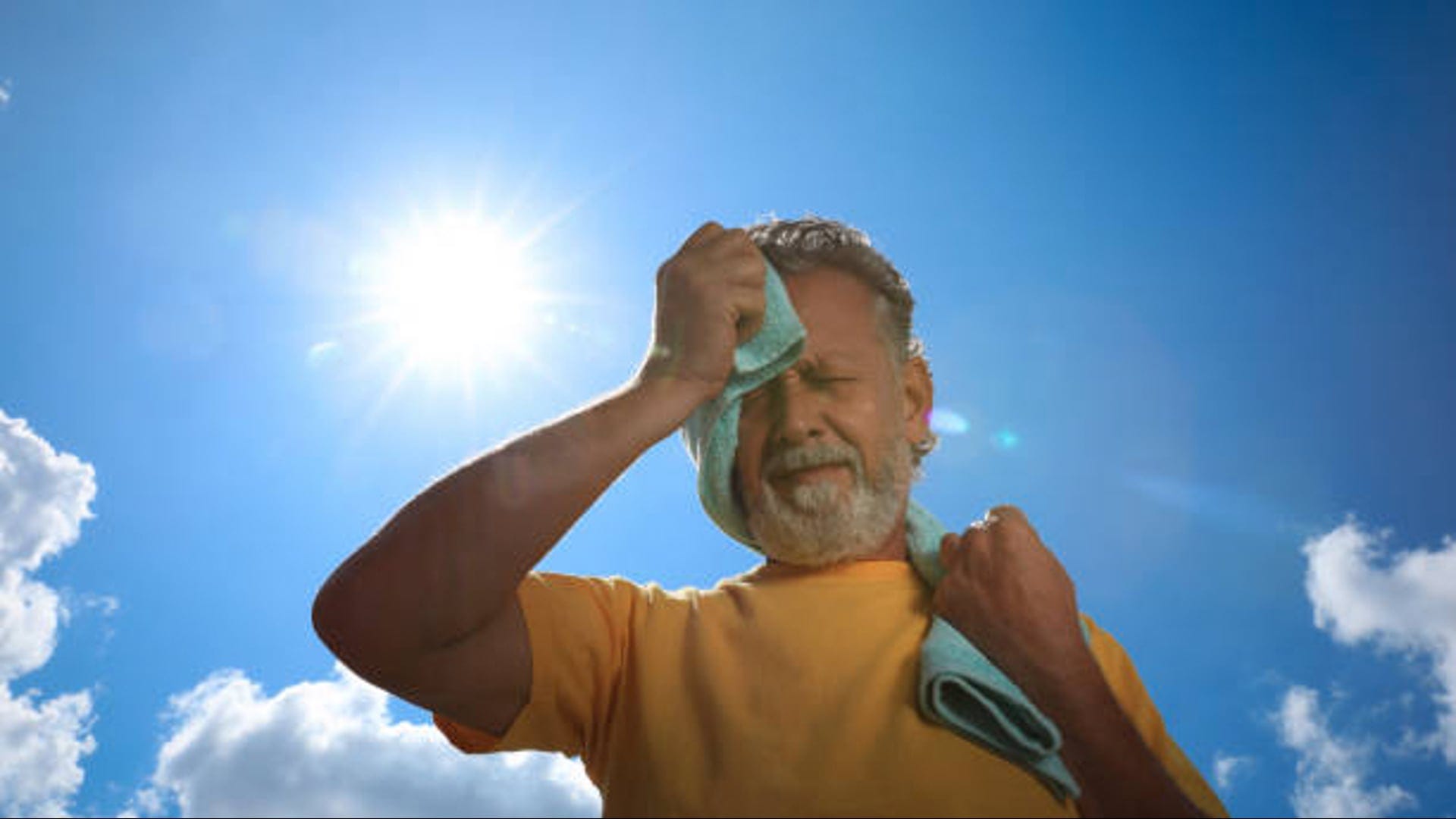Extreme heat is a threat to families. Trump's budget makes it harder to escape. | Opinion
Eliminating LIHEAP would drive energy poverty to new heights. More families would fall behind. More households would be disconnected.

- Millions of low-income Americans struggle to afford air conditioning amid rising electricity costs and record-breaking temperatures.
- President Trump's 2026 budget proposal seeks to eliminate the Low Income Home Energy Assistance Program (LIHEAP), which provides crucial utility assistance to vulnerable families.
- Eliminating LIHEAP could lead to increased energy poverty, utility disconnections, and heat-related illnesses and deaths, especially among the elderly, disabled and families with young children.
- While winter protections against utility shutoffs exist in most states, only a minority of states have similar safeguards during summer heat waves.
Each summer, millions of low-income Americans suffer in stifling homes, unable to afford the electricity needed to run an air conditioner. And as heat waves become more extreme across the country, we are also seeing record high overnight temperatures – meaning that families who rely on cooler nighttime temperatures for relief from the heat are unable to get cool at all. Each summer, prolonged exposure to extreme heat leads to a rising number of hospitalizations for high blood pressure, cardiovascular strain, dangerous dehydration – and worse.
At the same time, the cost of electricity to run air conditioning this summer is rising faster than the overall rate of inflation and is now at the highest level in at least 12 years. Many families simply cannot afford the cost of home energy.
In fact, 1 in 6 households are now behind on their utility bills – collectively owing these companies about $24 billion. For these families, falling behind means choosing between electricity and food, between staying cool and buying medicine.
This crisis is not confined to the East Coast or the Sunbelt, either. Record-breaking temperatures have reached the Pacific Northwest, Midwest and New England alike.
In 2024, we experienced the hottest year on record, and the 10 warmest years have occurred in the most recent decade.
These deaths are not front-page tragedies. They happen behind closed doors, in stifling brick walk-ups, in neighborhoods where trees are scarce and concrete radiates heat through the night.
A crucial utility aid to poor families is now on the chopping block
The Low Income Home Energy Assistance Program (LIHEAP) is the only federal program providing grants to poor families to help them pay their energy bills.
Yet President Donald Trump's 2026 budget proposal would eliminate LIHEAP.
In 2024 alone, LIHEAP helped nearly 6 million households, many of whom are elderly, disabled or raising young children who would be left vulnerable in homes that are increasingly uninhabitable in the summer heat. And many of these families will be even less able to pay their home energy bills now that Congress has passed the Trump-approved One Big Beautiful Bill Act, which includes significant cuts to food stamps and Medicaid.
Eliminating LIHEAP would drive energy poverty to new heights. More families would fall behind. More households would be disconnected. And during the hottest months, those disconnections would lead to prolonged, potentially fatal exposure to extreme temperatures.
In the winter, most states that face freezing temperatures have policies to prevent utilities from shutting off customers due to nonpayment, protecting them when temperatures fall to unsafe levels.
In the summer, only 19 states and Washington, DC, protect families from unsafe temperatures, and many of those protections are inadequate. At the very least, every state should implement potentially lifesaving shutoff moratoria during the hottest months of the year.
US is too wealthy to permit these tragedies
In a country as wealthy as ours, no family should have to choose between cooling their home and putting food on the table. No older person should die quietly in a sweltering apartment. No parent should have to decide between electricity and a prescription. Yet that's exactly what the president's budget proposal would force upon millions of Americans.
Congress must reject that proposal to cut LIHEAP: Extreme heat may be a silent killer, but our failure to act would speak volumes. Eliminating LIHEAP would condemn millions of vulnerable families to real and measurable harm – at a moment when the need for support has never been greater.
Mark Wolfe is an energy economist and serves as the executive director of the National Energy Assistance Directors Association, representing the state directors of the Low Income Home Energy Assistance Program, and codirector of the Center on Climate, Energy and Poverty. He also serves as an adjunct professor at the GW University Trachtenberg School of Public Policy.